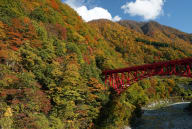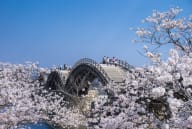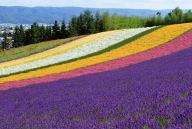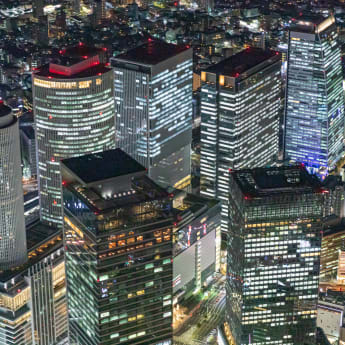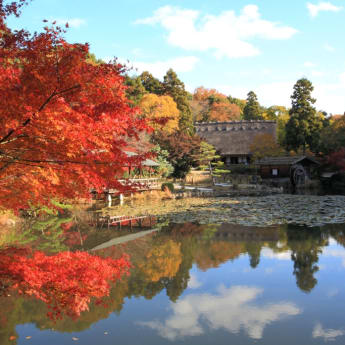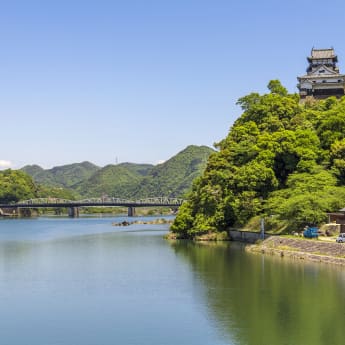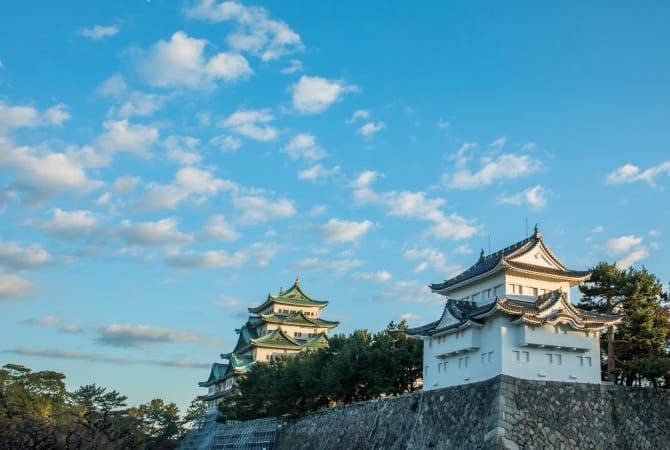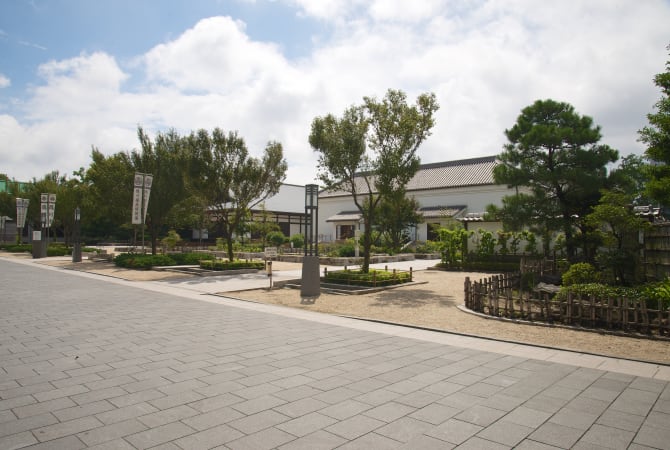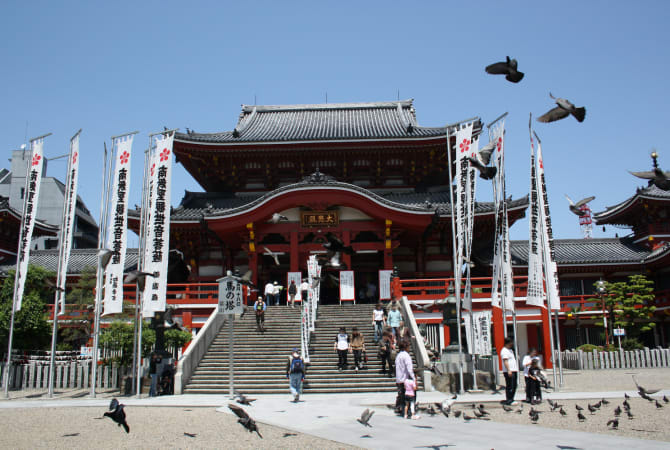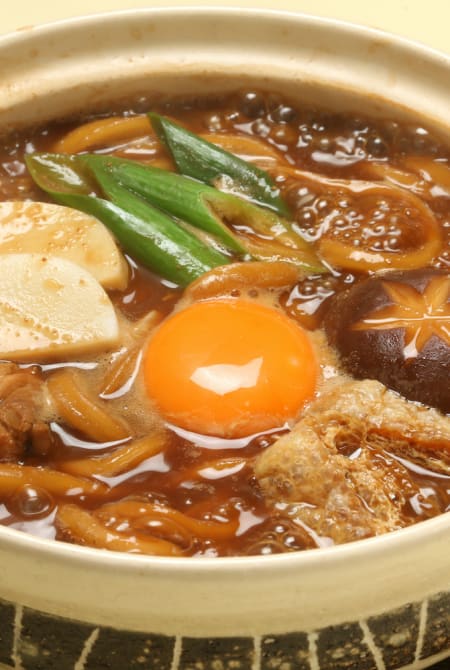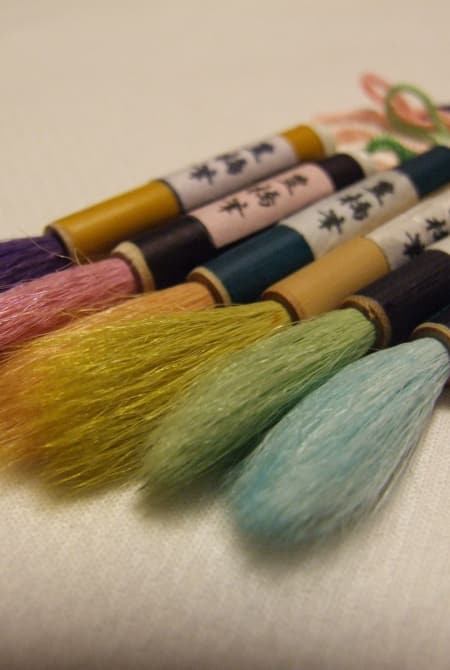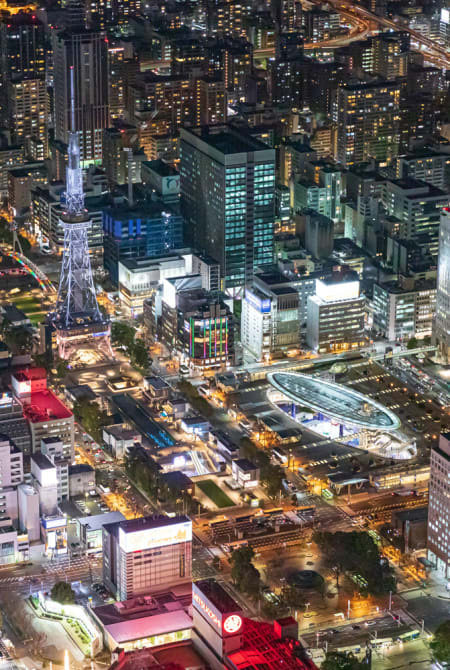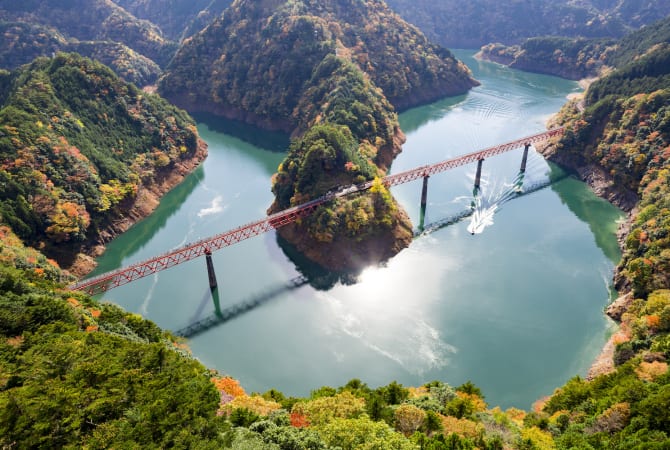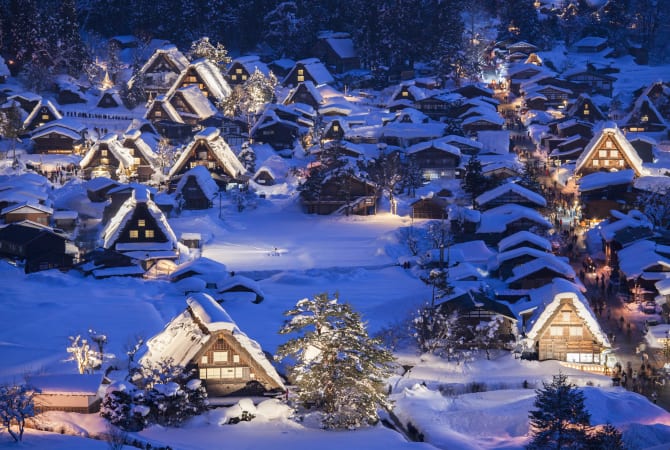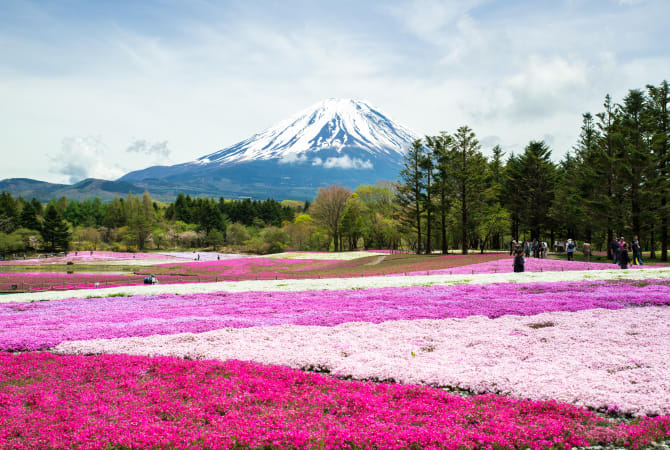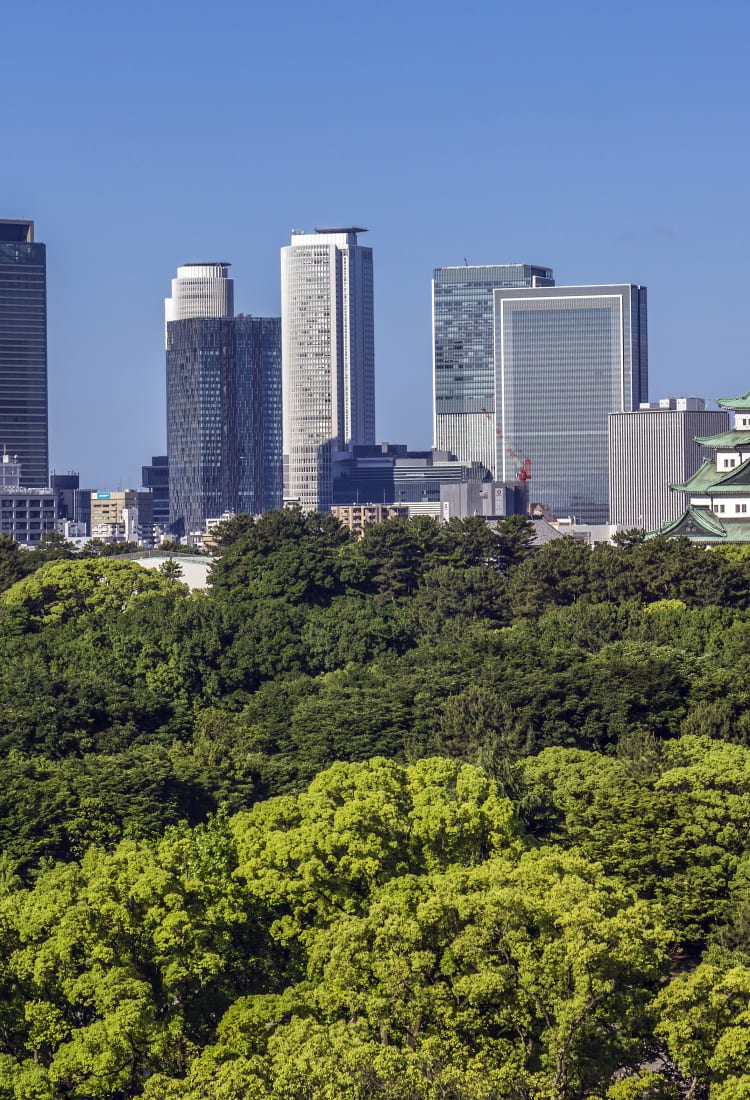

Tokai Aichi Fier bastion samouraï et grande puissance industrielle
Siège de Toyota, la préfecture d'Aichi jouit également d'une histoire passionnante liée aux samouraïs, d'une cuisine typique délicieuse, d'une vie nocturne palpitante, de campagnes somptueuses et d'un art et d'un artisanat traditionnels qui lui sont propres
Comment s'y rendre
Située au centre de Honshu, Nagoya est une plate-forme de correspondance clé. Le trajet en train à grande vitesse dure seulement 35 minutes au départ de Kyoto, 50 minutes au départ d'Osaka et 1 h 40 au départ de Tokyo. Aichi dispose de deux aéroports, l'aéroport de Nagoya desservant principalement les vols intérieurs et l'aéroport international du Chubu (Centrair) gérant quant à lui les liaisons internationales.
Bien desservie par les lignes ferroviaires JR et les lignes des compagnies privées comme Meitetsu, la préfecture d'Aichi offre un solide réseau de transports et un accès pratique en train et en bus aux préfectures voisines comme Gifu ou Mie. Les bus privés et longue distance sont des options bon marché pour les personnes voyageant depuis les grandes villes.
À ne pas manquer
- Goûter les ailes de poulet frites, la sauce hatcho miso, des aliments excentriques et d'autres produits typiques de la cuisine locale
- Profiter des 2 kilomètres de piste de la station de ski de Chasuyama Kogen
- Participer aux célébrations du Nouvel An du temple Osu Kannon aussi hautes en couleur que divertissantes
- Visiter le château d'Inuyama, le plus vieux des châteaux originaux du Japon à être encore debout et un trésor national
Explorer Aichi par région
Attractions populaires à Aichi
Spécialités locales
-
Céramique de Seto
La ville de Seto, près de Nagoya, abrite l'un des six anciens fours japonais connus sous le nom d'akazu. Une grande variété de céramiques sont produites ici, utilisant différentes techniques d'émaillage telles que le shino, l'oribe et le kiseto, allant du blanc pur aux couleurs vives. Ces pièces sont souvent utilisées lors de la cérémonie du thé et dans l'art floral.

-
Miso nikomi udon
Spécialité de Nagoya, ce plat savoureux est réalisé à partir d'un bouillon à base de poisson « umami ». On ajoute ensuite de la sauce soja, du saké de cuisson sucré et du miso rouge, et c'est dans cette soupe que l'on cuit les épaisses nouilles caoutchouteuses udon. Puis on ajoute généralement d'autres ingrédients comme du poulet, des œufs, du poireau et des légumes supplémentaires. Le plat est servi brûlant dans la petite marmite en céramique dans laquelle il a mijoté. (Photo: ©Nagoya Convention & Visitors Bureau)

-
Le hitsumabushi
Un plat à l'anguille dans lequel tous les ingrédients tels que le riz, les algues, l'anguille et le wasabi sont servis séparément. On vous donne un bol vide dans lequel vous mélangez le tout selon vos goûts personnels. L'étape finale consiste à verser un bouillon à base de dashi sur ce qu'il vous reste. (Photo: ©Nagoya Convention & Visitors Bureau)

-
Tenmusubi
Les tenmusubi sont des boulettes de riz enroulées autour d'un beignet de crevettes frit et enveloppées dans des feuilles d'algues croustillantes et salées. (Photo: ©Nagoya Convention & Visitors Bureau)

-
Le miso katsu
Une escalope de porc frite délicieusement feuilletée, recouverte d'une épaisse sauce miso faite de miso rouge, de bouillon de dashi et d'autres assaisonnements. Un basique des bons petits plats japonais. (Photo: ©Nagoya Convention & Visitors Bureau)

-
L'uiro
Gâteau cuit à la vapeur à base de farine de riz et de sucre. Moelleux et coloré, cette douceur japonaise se marie bien avec le thé vert. (Photo: ©Nagoya Convention & Visitors Bureau)

-
Céramiques de Tokoname
Le Tokoname-yaki désigne des poteries en grès vernissé avec de la cendre et fabriquées à Tokoname, l'un des plus anciens centres de poterie du Japon. Les céramiques produites ici vont des carreaux architecturaux et des tuyaux industriels aux pots et aux délicates théières.

-
Les tissus teints d'Arimatsu-Narumi
Le shibori d'Arimatsu-Narumi est un textile teint dans la masse dont l'origine remonte au début du XVIIe siècle. Les motifs complexes et étonnants du coton teint à l'indigo en faisaient un souvenir populaire disponible uniquement le long de l'autoroute Tokaido qui reliait la capitale à Kyoto.

-
Les pinceaux de Toyohashi
La fabrication de pinceaux de calligraphie à Toyohashi remonte au XIXe siècle. Aujourd'hui, on utilise ces pinceaux haut de gamme pour l'application de cosmétiques, la peinture japonaise et d'autres formes d'artisanats traditionnelles.

-
Céramiques sometsuke de Seto
Avec ses scènes de nature réalistes magnifiquement peintes dans un bleu cobalt étonnant sur un fond blanc doux, le sometsuke-yaki de Seto est considéré comme l'un des plus beaux arts traditionnels du Japon. Mettant en scène des oiseaux, des fleurs, des insectes et des paysages, les œuvres sont souvent utilisées pour la cérémonie du thé, les compositions florales et comme supports d'encens.

Points forts saisonniers
-
Printemps
Le parc Tsuruma, la rivière Yamazaki ou encore le château d'Inuyama sont des lieux privilégiés pour profiter de l'éphémère saison de floraison des fleurs les plus emblématiques du pays. (Photo: ©Nagoya Convention & Visitors Bureau)

-
Été
Oubliez le temps de plus en plus humide et partez à la découverte des festivals de feux d'artifice et de danse, du sommet mondial de cosplay, du tournoi de sumo de Nagoya Basho et de la pêche au cormoran. (Photo: ⒸNIPPON DOMANNAKA FESTIVAL)

-
Automne
Admirez les rares cerisiers shikizakura en fleurs à Obara, avec pour arrière-plan, des arbres habillés de leur feuillage automnal. Visitez le jardin japonais Tokugawaen à la nuit tombée et admirer ses arbres et leurs feuilles colorées illuminées d'un halo somptueux. (Photo: ©Nagoya Convention & Visitors Bureau)

-
Hiver
Découvrez les spectaculaires célébrations du Nouvel An au temple Osu Kannon de Nagoya, assistez au festival de l'homme nu au sanctuaire Konomiya ou rendez-vous dans les hauteurs de la préfecture pour profiter de la neige. (Photo: ©Nagoya Convention & Visitors Bureau)





























